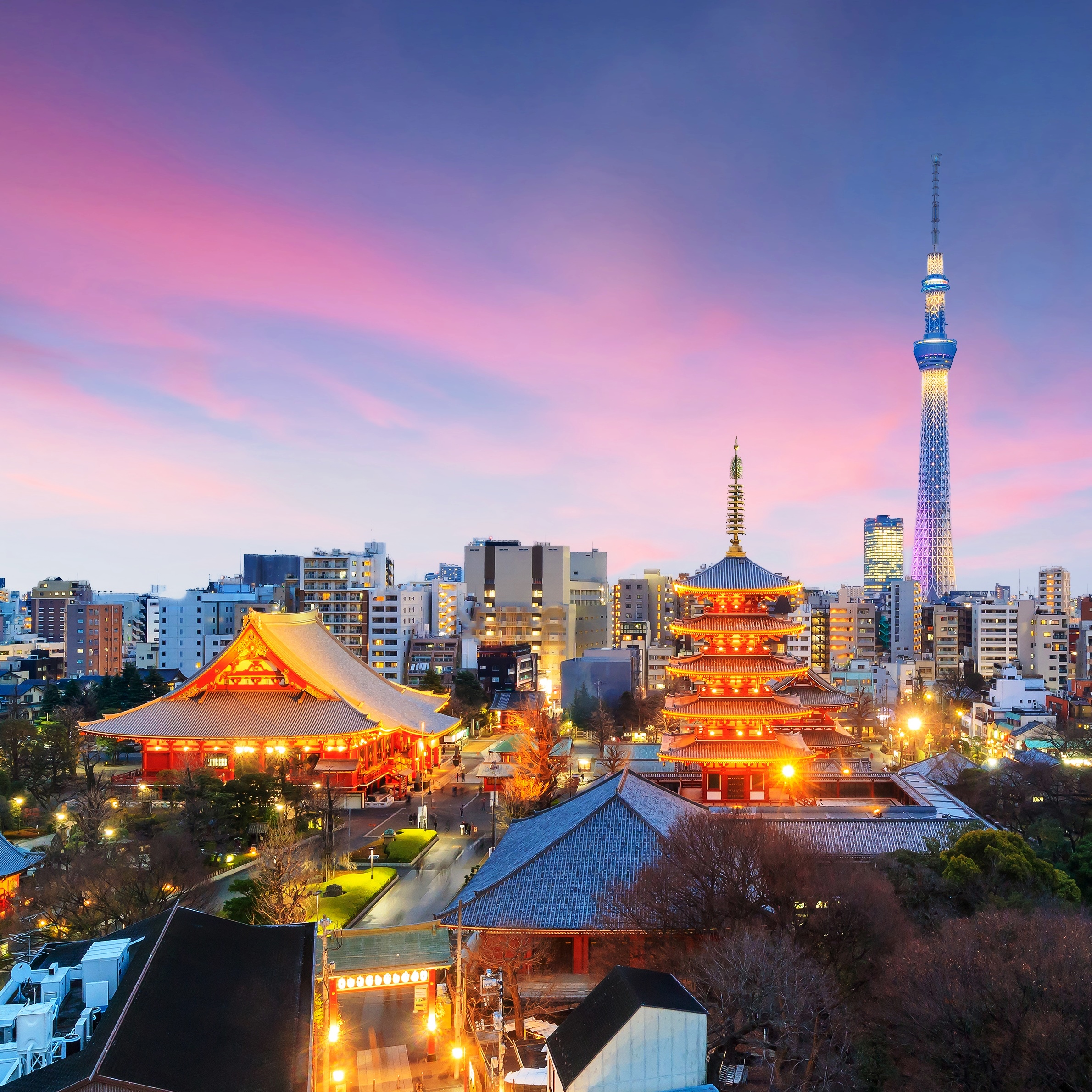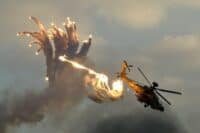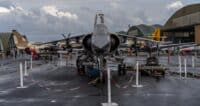
Can North Korea actually destroy Tokyo, with a population of almost 13 million people, in a nuclear holocaust?
It sounds like the stuff of a Cold War novel from a generation ago — a desperate rogue nation teetering on economic collapse that is bristling with nuclear weapons controlled by an unstable despot.
Pyongyang certainly has done enough saber-rattling to strike fear among America’s Asian allies — South Korea, Japan and the Philippines. The variables in this doomsday scenario revolve around the number of nuclear weapons North Korea has, if the weapons can be miniaturized and placed on missiles, and whether the United States can shoot them down.
When 24/7 Wall St. recently listed the countries with the most nuclear weapons, North Korea ranked ninth.
Given that North Korea is a totalitarian nation and all information is controlled by the state, it is unclear how many nuclear weapons it has. A recent story in Al Jazeera said U.S. officials estimate Pyongyang has 60 nuclear weapons, whereas independent experts estimate that the hermit kingdom may have produced up to 20 nuclear bombs by the end of 2016.
In September 2016, Siegfried Hecker of Johns Hopkins University estimated that North Korea produced enough highly enriched uranium to make six additional nuclear bombs a year. Hecker had toured North Korea’s main Yongbyon nuclear facility in 2010.
Two years ago, North Korea announced that it has the capability of miniaturizing nuclear weapons, a claim the United States disputed.
In January 2016, North Korea said it successfully conducted a hydrogen bomb test, and the United States said it could not verify if the test was successful.
This past July, North Korea claimed it conducted its first successful test of an intercontinental ballistic missile (ICBM). The Hwasong-14, North Korea’s furthest-reaching ICBM, could theoretically travel more than 6,400 miles. Pyongyang is less than 800 miles from Tokyo. When the missile was test-launched, it flew for about 45 minutes before landing in the Sea of Japan.
Last month, Pyongyang conducted its sixth test of a nuclear weapon, causing a 6.3-magnitude seismic event, as measured by the United States Geological Survey. Pyongyang claims the device is a hydrogen bomb that could be mounted on an intercontinental missile. A nuclear weapons monitoring group described the weapon as up to eight times stronger than the bomb dropped in Hiroshima in 1945.
The United States, South Korea and Japan are equipped with anti-missile systems that could intercept and destroy ballistic missiles fired from North Korea, although missile intercept failures are common.
South Korea has six Terminal High-Altitude Area Defence (THAAD) batteries arrayed in Seongju, south of Seoul, and Japan also is equipped with the Patriot and the Aegis anti-ballistic missile systems.
Tokyo has seen its share of destruction. Japan’s largest city was leveled by an earthquake in 1923, and the Allies destroyed the city by conventional bombing during World War II. Also, the United States dropped nuclear bombs on the Japanese cities of Hiroshima and Nagasaki, which led to the Japanese surrender that ended World War II.
Tokyo’s metropolitan area has more than 35 million residents, the largest in the world. Tokyo comprises 1,361 square miles.
Given the uncertainty of its nuclear stockpile, questions regarding its ability to deliver a nuclear strike and the allies’ ability to bring down missiles launched at Japan, the likelihood of North Korea hitting Tokyo with nuclear missiles is remote.
Essential Tips for Investing: Sponsored
A financial advisor can help you understand the advantages and disadvantages of investment properties. Finding a qualified financial advisor doesn’t have to be hard. SmartAsset’s free tool matches you with up to three financial advisors who serve your area, and you can interview your advisor matches at no cost to decide which one is right for you. If you’re ready to find an advisor who can help you achieve your financial goals, get started now.
Investing in real estate can diversify your portfolio. But expanding your horizons may add additional costs. If you’re an investor looking to minimize expenses, consider checking out online brokerages. They often offer low investment fees, helping you maximize your profit.
Thank you for reading! Have some feedback for us?
Contact the 24/7 Wall St. editorial team.

